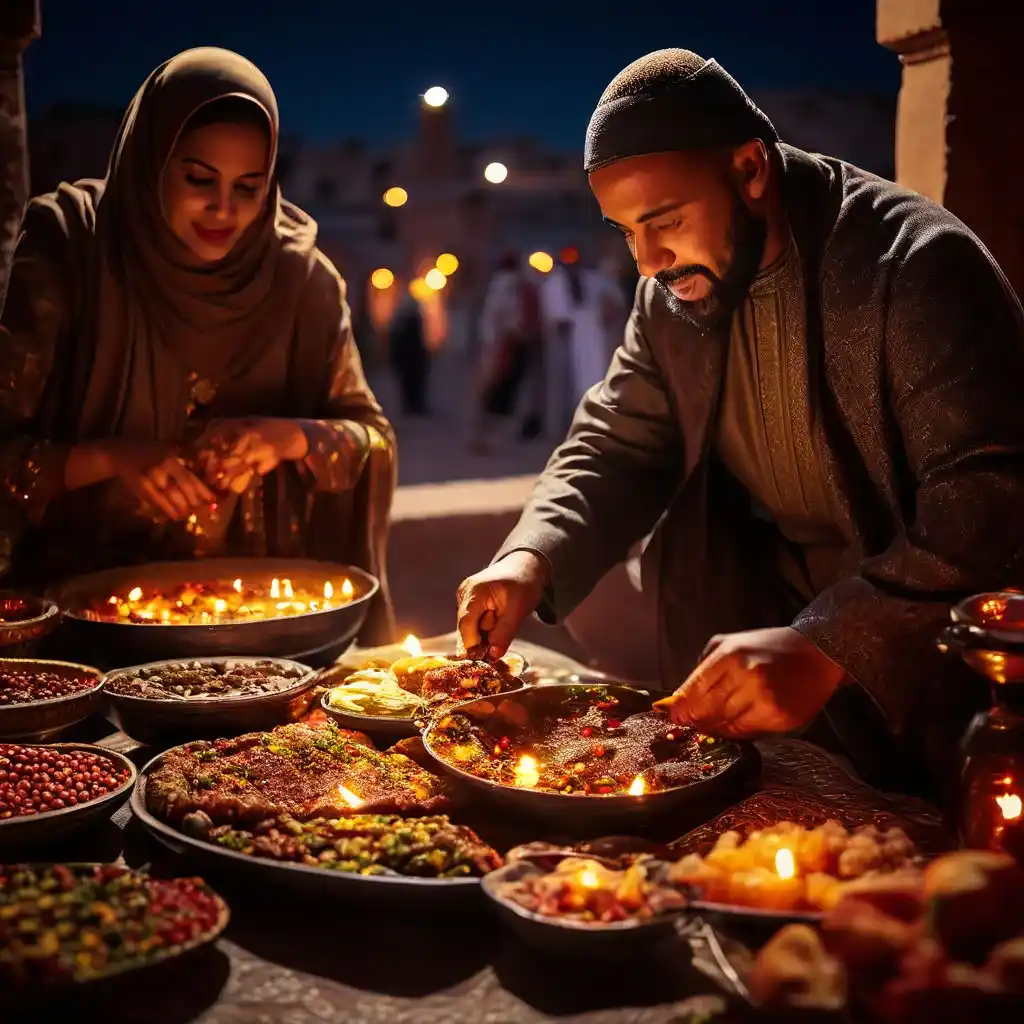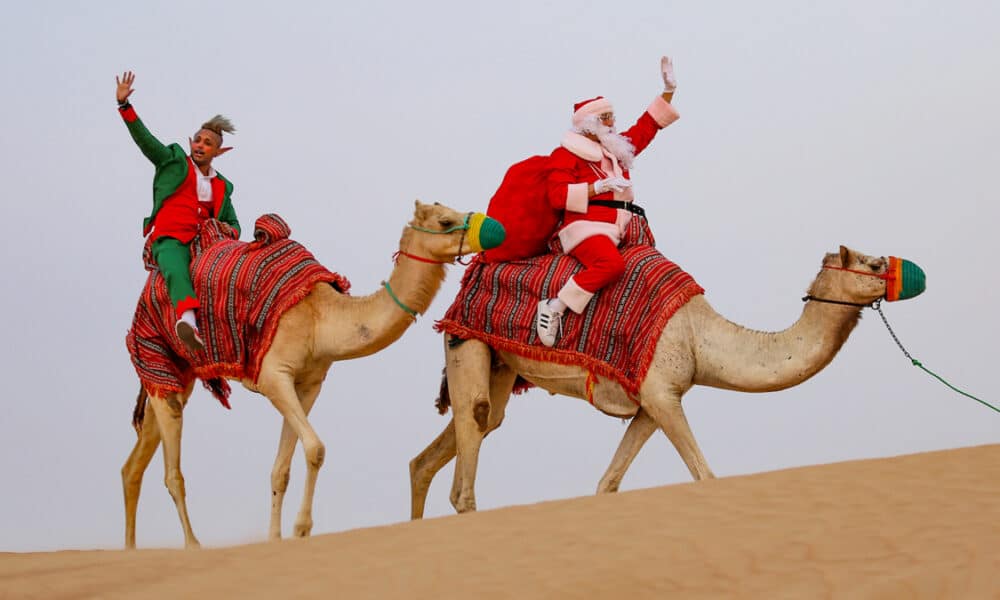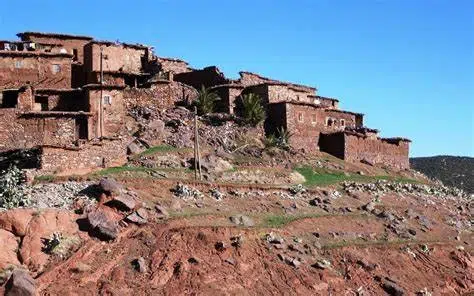Morocco During Ramadan
Ramadan is an austere Islamic fast that spans from sunrise to sunset each month, during which Muslims abstain from eating, drinking and smoking publically in public spaces. While traveling during Ramadan can be challenging, doing so offers an extraordinary experience!
Major cities and tourist destinations should remain unaffected, with hotels, chain restaurants and most tours and activities still operating as usual.
Allure
Fasting during this month of fasting allows Muslims to focus their prayers and religious devotion. They consider it an ideal opportunity for repenting of past sins and asking forgiveness from Almighty Allah; in addition, giving back and helping the needy is encouraged as part of religious observance.
Ramadan offers an unforgettable travel experience during its spiritual significance, making it the ideal time for visitors to Morocco. Visitors who choose this period will gain a deeper appreciation of Moroccan culture – making for an extraordinary and memorable journey unlike any other time.
Be mindful that most Moroccans are practicing Muslims. Though they welcome foreign tourists visiting, it’s essential that foreign visitors show due respect to their religion and lifestyle – for instance, do not snack freely while walking through a medina out of consideration for those fasting nearby. You can still enjoy local cuisine in restaurants or hotels, however if your activity or tour includes meals this could happen indoors too.
Ramadan prayers can be an inspiring sight, with thousands crammed into mosques like Koutoubia in Marrakech or Hassan II in Casablanca to witness rows upon rows of people praying. Even if you’re not Muslim yourself, taking time out of your day to witness this sight should be worth your while.
Keep in mind that during Ramadan the sun sets much earlier, which leaves many cities and towns virtually deserted during the daytime hours. After praying at sunset, Muslims gather to break their fast with a delicious meal called Iftar – usually consisting of dates, harira soup and chebakia pastries – after hearing the call to prayer at sunset.
If traveling to Morocco during Ramadan, we advise arriving early morning to enjoy Morocco’s bustling streets and markets before sundown. Stay around until Eid al-Fitr arrives – this festival celebrates Islam by giving charity donations and feasting upon food saved throughout Ramadan.

Traditions
Ramadan has more than just religious significance; it also marks an opportunity to gather with family and friends. Moroccans frequently host large dinner parties during Ramadan to welcome family and friends and perform the tahajjud prayer at night’s end; Layla al-Qadr, which marks 27 days, marks an especially common practice.
At this time of year, large crowds gather at mosques for prayers. Although non-Muslims don’t need to attend, it is advisable that non-Muslims observe these holy spaces by refraining from engaging in loud conversations or taking photographs while at prayer time.
Day to day, many shops and markets close earlier or operate for shorter hours than expected; larger tourist attractions often remain open; it is wise to plan your sightseeing accordingly.
As soon as the 4th call to prayer is heard, streets and public places become significantly quieter as people return home in preparation for Iftar. Once sundown hits however, things come alive again with Moroccans flocking into cafes and restaurants to break their fast with dates, harira soup, chebakia pastries and much more!
People often exchange greetings of “Ramadan Mubarak” at this special time of year, which may not be mandatory but is nonetheless appreciated and will help give an understanding of local customs and culture during this important festival.
As a tourist, you do not need to fast. Moroccans will generally understand if you eat or drink in front of them; however, basic courtesy suggests not doing this since this would be considered disrespectful and rude.
For an authentic Ramadan experience, consider staying in more remote regions during Ramadan. Here you will be more immersed in Moroccan life during its month-long fast, and witness Eid al-Fitr celebrations after it ends.

Impact on daily life
Ramadan is an important time for Moroccans, marking a sacred and communal experience that unites all citizens together in prayer, reflection, and generosity. While reflecting upon past actions and seeking God’s mercy is certainly part of it all, so too is helping those less fortunate. With family values so central in Moroccan society and tradition holding such weight for so many Moroccans this holiday holds immense meaning for them all.
Though Morocco is predominantly Muslim, its religious freedom for non-Muslims is respected and many restaurants remain open during the day before closing at sundown to be quiet until hearing an air siren call to prayer called a “Zowaka”. When sundown approaches, many restaurants remain open but become quiet as people rush into streets and bazaars looking for ingredients and dishes for preparing Iftar and tasting freshly baked pastries – creating an enjoyable festive atmosphere which honors both Islamic ritual and the unique qualities of Moroccan cuisine.
After sunset, Moroccan streets come alive again as families come together to break their fast with Iftar – a meal which typically lasts several hours and usually includes a tradition called Bkhour, which involves burning a fragrant dry plant to fill their house with an aromatic scent and enjoying Iftar while listening to Quranic readings.
Eid al-Fitr is celebrated at the culmination of Ramadan with large family gatherings and lavish meals; it provides an opportunity to learn about and experience another country’s rich traditions and cultural ties.
If you’re visiting Morocco during Ramadan, it is advisable to refrain from drinking alcohol in public and around people fasting; however, in private or at hotels you can enjoy beverages as usual. Also keep in mind that restaurants and shops may close prior to sundown; to maximize your trip planning abilities.

Spiritual atmosphere
Visit Morocco during Ramadan for an incredible opportunity to witness an integral aspect of Moroccan culture and witness how Muslims celebrate this month-long event, providing insight into Islam as a religion which upholds family and community values. Many will invite you to share Iftar (the meal that breaks daily fasting).
As it’s also an occasion of generosity and good deeds, Moroccans give food to the needy during this season as a gesture of good will. At this time of year, attention is also paid to forgiveness and spiritual growth – this makes Ramadan an excellent time to visit a mosque and hear its call to prayer echo throughout a city.
Though most Moroccan Muslims are Sunnis, an increasing minority are Shia. This can create some tension due to differences between the two groups that are readily apparent. While most Moroccans are friendly and welcoming, it is wise to respect their religious practices by covering any exposed skin during daytime hours and remaining discrete when eating and drinking in public spaces.
After an intense night of fasting, Morocco’s residents come together for Eid al-Fitr to relive and revive traditions and customs unique to their nation. Families come together and exchange greetings before gathering around a delicious feast shared among family members and friends.
Moroccan culture during Ramadan is well known for being welcoming and generous; many citizens love hosting Iftar or Eid al-Fitr dinner parties at their homes for friends and guests, with evenings spent listening to oud music while playing card games together. Furthermore, hotels tend to offer discounted room rates during this period making Morocco more cost-effective to visit than ever.



